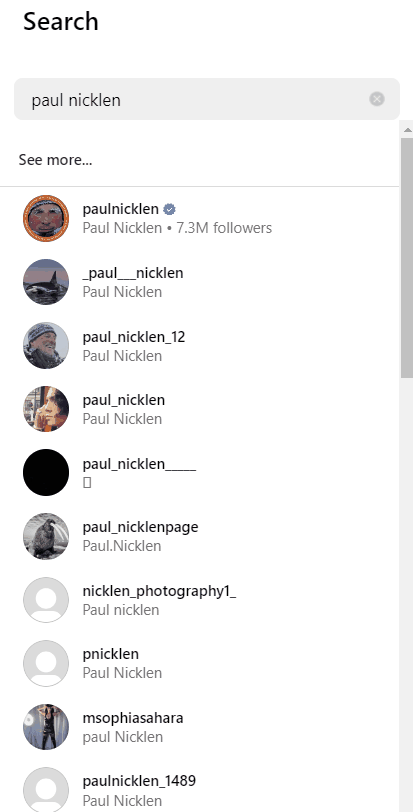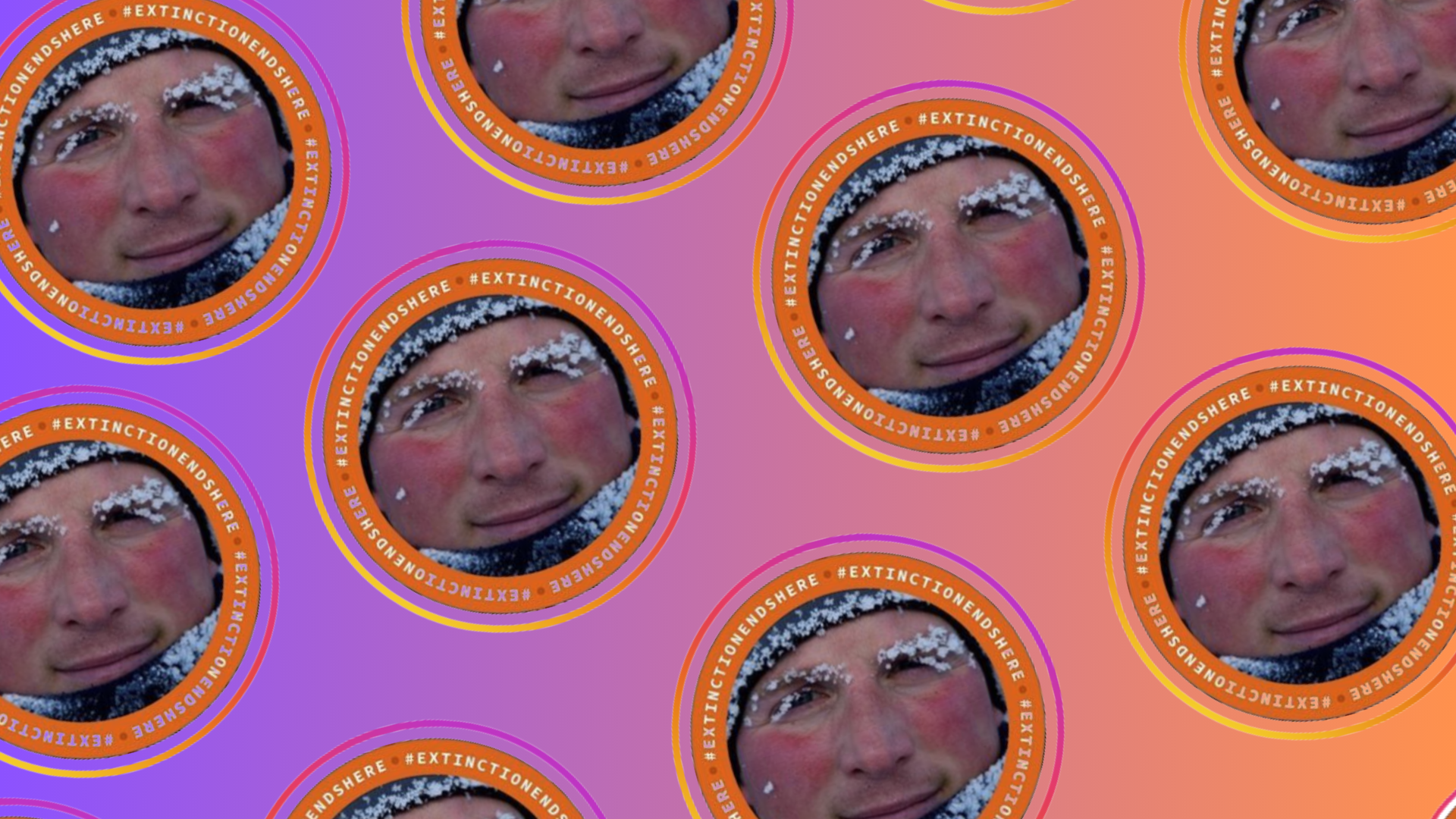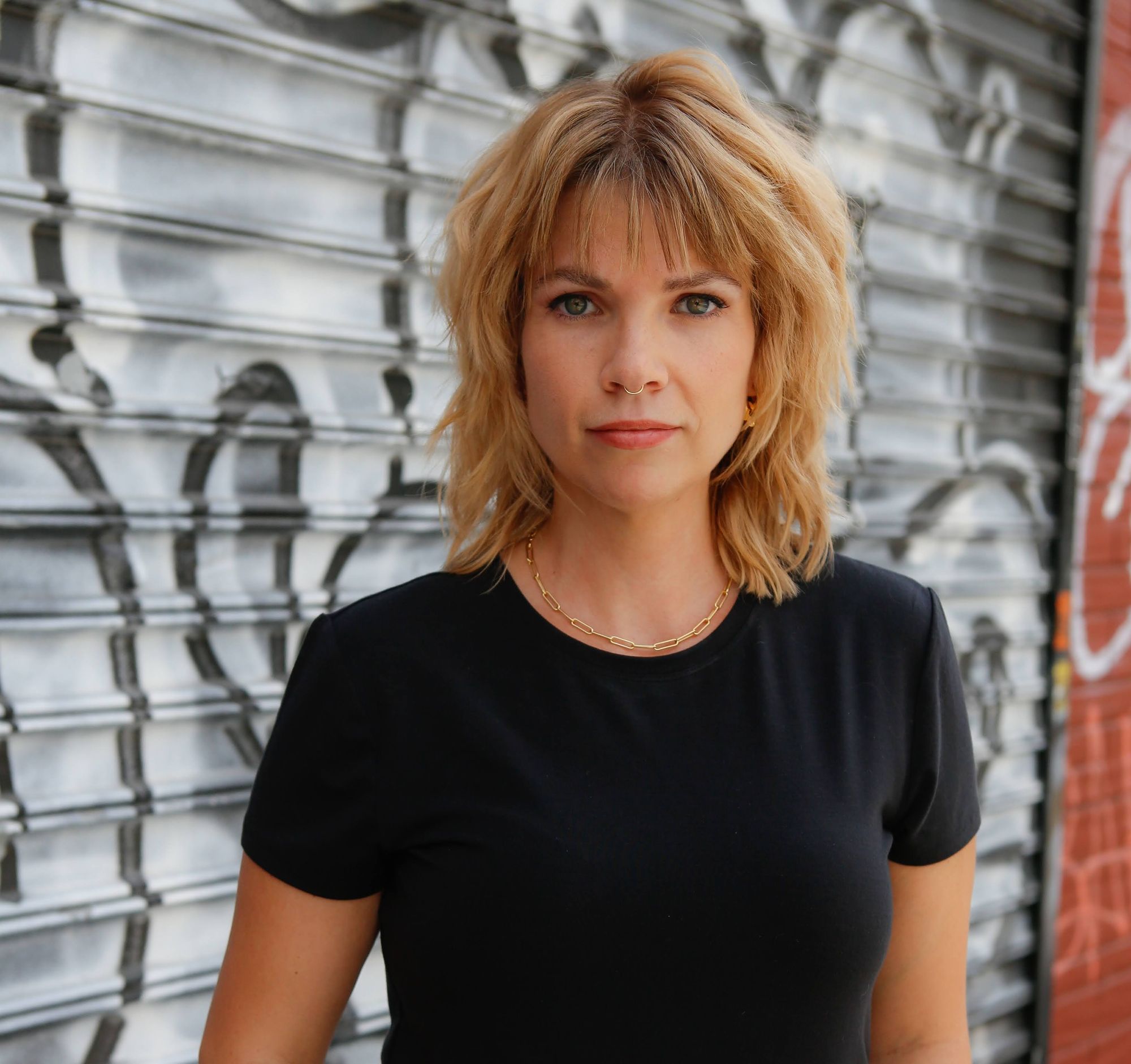A photo that looked like Paul Nicklen in a bed with a broken leg was circulating around social media recently, the senders asking people to donate money to his recovery fund. But the image isn’t of Nicklen; it’s a photo of a completely different person’s hospital stay. Nicklen’s face is edited over surf camp founder Ronnie Lees’, who was recently seriously injured in a ski accident.
Nicklen posted it to Instagram: “THIS IS FAKE!! This is a scam and it is being used to exploit innocent people. I am healthy and well,” he wrote. It was the first time he addressed his ongoing battle against impersonation scammers publicly.

Nicklen, a photographer and founder of conservation nonprofit Sea Legacy, has more than 7 million followers on Instagram — largely fans that know him from his work with National Geographic, or have discovered him since through his conservation work or wildlife photography. But responding to followers who send him messages about scammers impersonating him on social media, and reporting accounts using his name and photos, is rapidly becoming a job in itself for Nicklen and his team. He’s getting up to 10 messages from people a day, he told me, from fans who’ve been contacted by scammers posing as him.
“They would cut and paste the message: ‘Hello, my dear loyal favorite fan, thank you for loving me and my pictures,’ and I'm like, come on,” Nicklen told me in a call.
At first it was an occasional annoyance, but over time, the scams have intensified and got more frequent. During the peak of COVID lockdown, Nicklen got a message from someone saying their elderly mother had left her husband and cut ties with her family, and sent someone claiming to be Nicklen tens of thousands of dollars—her life’s savings.
“That's when I went alright, this is serious,” Nicklen said. “This is a really major problem. Really good, innocent people who trust me, or love the animals, have somehow been lured into thinking I'm wanting to have an affair with them. Whoever these people are, they're sick and they're dangerous and they're predators.”
Nicklen started using social media, including Instagram around the same time he founded Sea Legacy, in 2014. He mostly uses it to share his photography and raise awareness for nature advocacy, conservation, and climate change, and also sells photo prints. In comparison to magazine reporting, the pace and connection of social media felt faster, Nicklen told me. “Just being able to beat the daily drum of conservation and storytelling, to connect with a global audience on the beauty, the fragility, and the importance of nature,” he said.
But the severity of the scams is almost enough to drive him off social media entirely, Nicklen said. The impersonation problem has gotten extreme enough that it’s no longer isolated to Instagram. It’s happening on other sites like TikTok, he said, and it’s affecting real-life events: Recently, a fan followed him around a gallery event and eventually confronted him about conversations they had with someone posing as him online. Scammers edit photos of passports to make it seem like they’re him, he said, and have made fake email addresses to pose as his own staff to try to trick people. Many of the correspondences between scammers and fans begin on Instagram; Nicklen and his team report the accounts when they come up, but they told me Instagram frequently deems the accounts as being within the site’s guidelines — which forbid impersonation.

“I always thought, ‘Well, it's gonna get better, Instagram will get on top of this,’ and it's just gotten worse and worse,” Nicklen said.
When I contacted Meta for comment about the scams targeting Nicklen and his fans, the company directed me to its policies against fake accounts, and said that it had taken action on the accounts that Nicklen and his team reported.
But a quick scroll through Instagram search results for Paul Nicklen shows dozens of accounts using his name and profile picture, with bios like “🏆WINNER'S CHOICE🏆⚛️ Congratulations to the people I follow ⚛️ WIN A DM CHECK IMMEDIATELY.”
“Social media companies have built their business around our collective information, convincing us to share our photos and life stories for nearly anyone to see. But this sort of mass publication carries real risk,” Albert Fox Cahn, director at the Surveillance Technology Oversight Project, told me. “Platforms incentivize us to maximize our follower count and user engagement, but they could keep users much better protected by shaping their platforms around more limited engagement with truly trusted friends. Sadly, they’ve made clear they’ll prioritize profits over privacy protections.”
Meta claims that it blocks millions of attempts to create fake accounts every day, and detects millions more within minutes of their creation, though a system that it says examines thousands account attributes and connections on the platform that would be difficult for bad actors to fake.
In several U.S. states — including California, Rhode Island, Texas, Oklahoma Washington, Louisiana, Mississippi, Wyoming, Oregon, and New Jersey — impersonating someone online to defraud them is against the law.
Catfishing, or misrepresenting oneself online to trick someone, and romance scams like the ones people are targeting Nicklen’s fans with are common with celebrities and public figures. Earlier this year, Kate Beckinsale said she had to move after impersonation scammers gave out her home address; there are entire companies set up to facilitate catfishing on dating sites, and impersonation is something sex workers constantly battle on Instagram especially, even as their own, legitimate profiles are taken down without warning. He thinks scammers target him for a few reasons: the nature of his work, and the nature of the media business. It’s not unbelievable for an independent photographer to need help with medical bills, he said.
“Will Smith, Chris Hemsworth, Giselle — they're never going to write to somebody and say thanks for being my number one fan,” he said. “This just wouldn't happen. So you instantly go, okay, ‘scam scam scam,’ and either laugh about it and dismiss it. But here's this Canadian guy who's given his heart and love and passion and time to nature and animals and the environment. It makes more sense that I would write to people than a celebrity, to thank people and start that conversation. It's not as shocking to have me write to somebody, as it is a celebrity."
Nicklen finds himself with a question many online content creators do: stay on social media platforms that keep their own businesses and livelihoods afloat, or abandon their followers and fans because the onslaught of impersonators and scammers is too much.
Nicklen feels a responsibility to people who are being scammed, he said, even though he has nothing to do with them. “My heart's bleeding for these people who are having to deal with this. First of all, good people are being hurt... So you feel this responsibility to take these things head-on rather than just let it happen. I could just ignore it. But knowing that real people are getting hurt on the other end...” If he didn’t need Instagram to make a living and earn money for conservation work, he said, he’d be done with it. “It’s not worth the stress,” he said.


